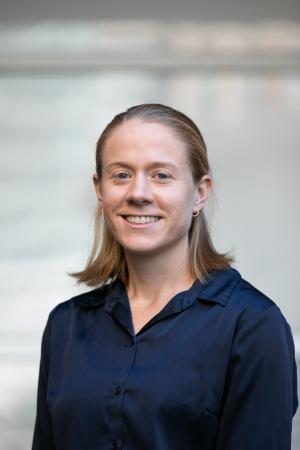
Elizabeth Paul
Elizabeth Paul
Columbia University
Tuesday, May 21, 2024
12:00pm
NW17-218 Hybrid
Abstract: The immense freedom in the stellarator design space provides opportunities for reducing engineering complexity and improving confinement. This talk will provide an overview of recent advances in stellarator optimization and their application to the design of new experiments in the Columbia Plasma Laboratory. Recently, “precisely quasisymmetric” configurations have been obtained, demonstrating excellent confinement of fusion-born alpha particles in the absence of perturbations. There is, however, the potential for enhanced alpha losses due to resonant wave-particle interactions. We present pathways to model and optimize the alpha transport driven by Alfvenic instabilities through modification of the resonance structure and shear Alfven continuum. Furthermore, we discuss the incorporation of engineering constraints, including HTS strain and remote maintenance compatibility, into the stellarator design process. The Columbia Plasma Laboratory will validate these advances. The Columbia Stellarator eXperiment (CSX) will build on the success of the Columbia Non-neutral Torus (CNT) to confine a small aspect ratio quasisymmetric plasma with two shaped interlinked coils. Using this device, we will explore the physics of quasiaxisymmetry and demonstrate non-insulated HTS technology for non-planar magnets.
Bio: Elizabeth Paul is an Assistant Professor of Applied Physics and Applied Mathematics at Columbia University. She leads of group of postdocs and students in computational and theoretical modeling of stellarators. Prior to joining Columbia University, Dr. Paul was a Presidential Postdoctoral Research Fellow at Princeton University. Dr.
Paul received her A. B. in Astrophysical Sciences with concentrations in Applied and Computational Mathematics and Applications of Computing from Princeton University in 2015. In 2020 she received her Ph.D. in Physics from the University of Maryland, College Park. In 2021 Dr. Paul received the Marshall N. Rosenbluth Award from the American Physical Society in recognition of her doctoral work.